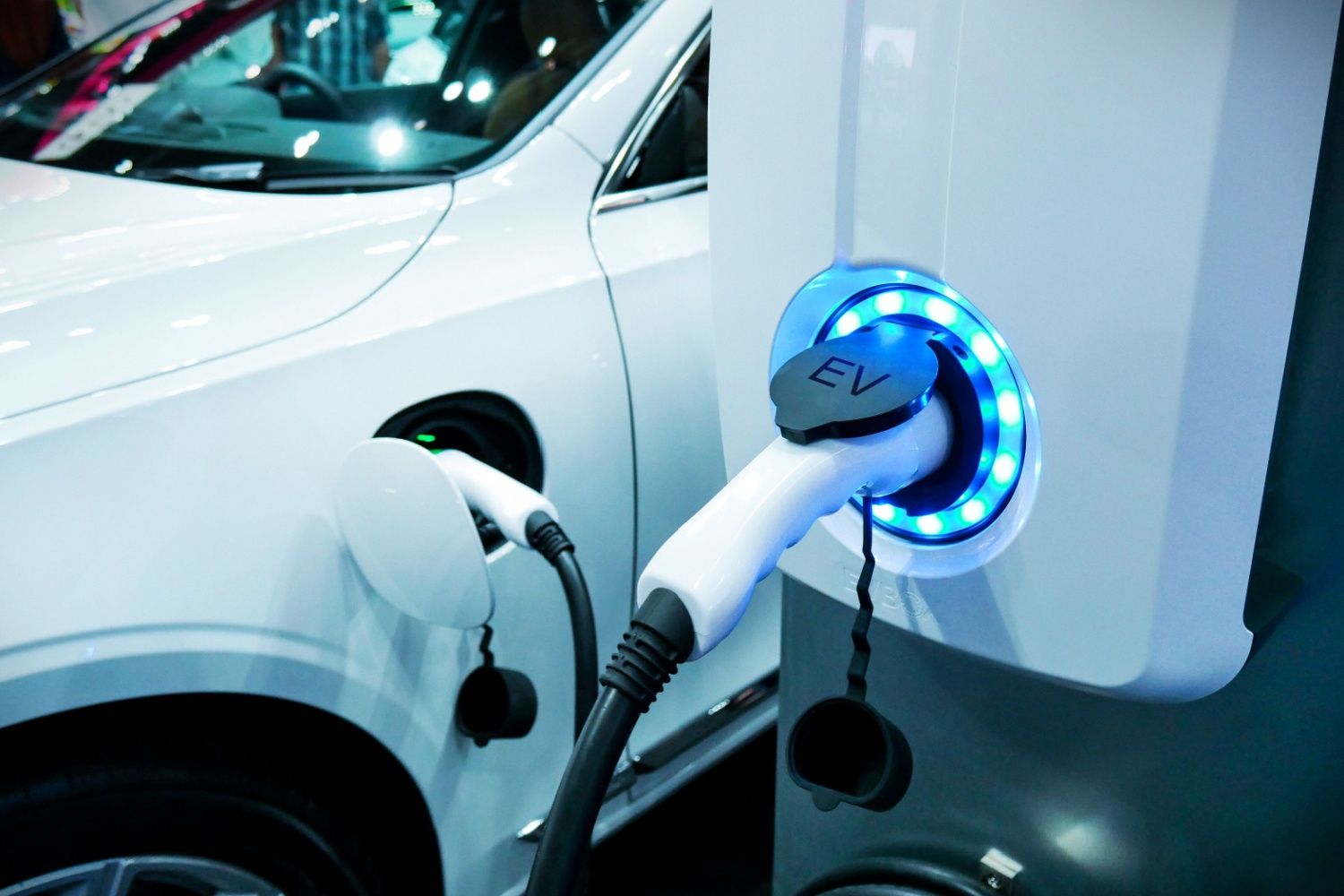Electric vehicles, or EVs, are more popular now than ever, and they’re only going to become more prevalent on the world’s roadways in the years to come. They offer clean energy transportation, at least in theory, and several benefits beyond that.
So, what’s the problem? Well, it has to do with electric vehicles and their dependency on the existing power grid.
Today, we’re going to go over what is grid-tied EV charging, why it’s a problem, and what the perfect solution is.
Let’s get started.
What is Grid-Tied EV Charging?
Grid-tied EV charging is one of the last problems that need to be dealt with when it comes to electric cars. While the cars themselves can run off electricity and don’t technically need the power grid, the mainstream charging method is attached directly to the grid.
This means that even though the car is meant to be "green”, the grid is still burning fossil fuels to charge it up. In the end, that isn’t much better than just using a combustion engine. You might not be using fuel, but coal is still being burned in abundance at a power plant to send electricity through the lines and to your car.
Unfortunately, the grid is still the most widespread power source for the majority of the world. Depending on your location, that might be because of local regulations, the cost of making major changes, or a variety of things.
The Issue with Grid-Tied EV Charging
As we said, grid-tied EV charging means you’re still burning fossil fuels. Instead of pouring them into a gas tank, you’re burning them to generate enough electricity to fuel your car. In the US, this is offset by the use of wind, hydro, and nuclear electricity generation techniques depending on your location, but it’s still not independent from fossil fuels.
So, the issues everyone talks about regarding petroleum are still present every time you plug into a normal EV charger.

What’s the Solution to Grid-Tied EV Charging?
Luckily, there’s a solution to using the power grid, and beyond the initial purchase, it’s entirely free. You can simply use the sun.
Solar power is easily the most common-sense answer to grid-tied EV charging, but it’s also not very practical. At least, not when the current standard is used.
Underdeveloped solar power systems can’t possibly charge a fleet of commercial vehicles fast enough to be practical, and current solutions certainly can’t fix the issue between the grid and EV vehicles.
However, Sunnoo has found a way to fix that problem.
Sunnoo Brings Solar-Powered Charging to EV Car Owners Everywhere
Sunnoo is bringing solar-powered EV charging to commercial and private markets with new mobile charging systems.
Our mobile charging systems make charging anywhere, whether that be a home driveway or a work site, to make grid-tied charging a thing of the past.
Our mobile charging systems track the movement of the sun to keep the panel aligned and absorb light to power your vehicles. This makes solar-powered charging fast, efficient, and reliable.
If you’re ready to detach from the grid and make the most of your EV, contact Sunnoo today.



